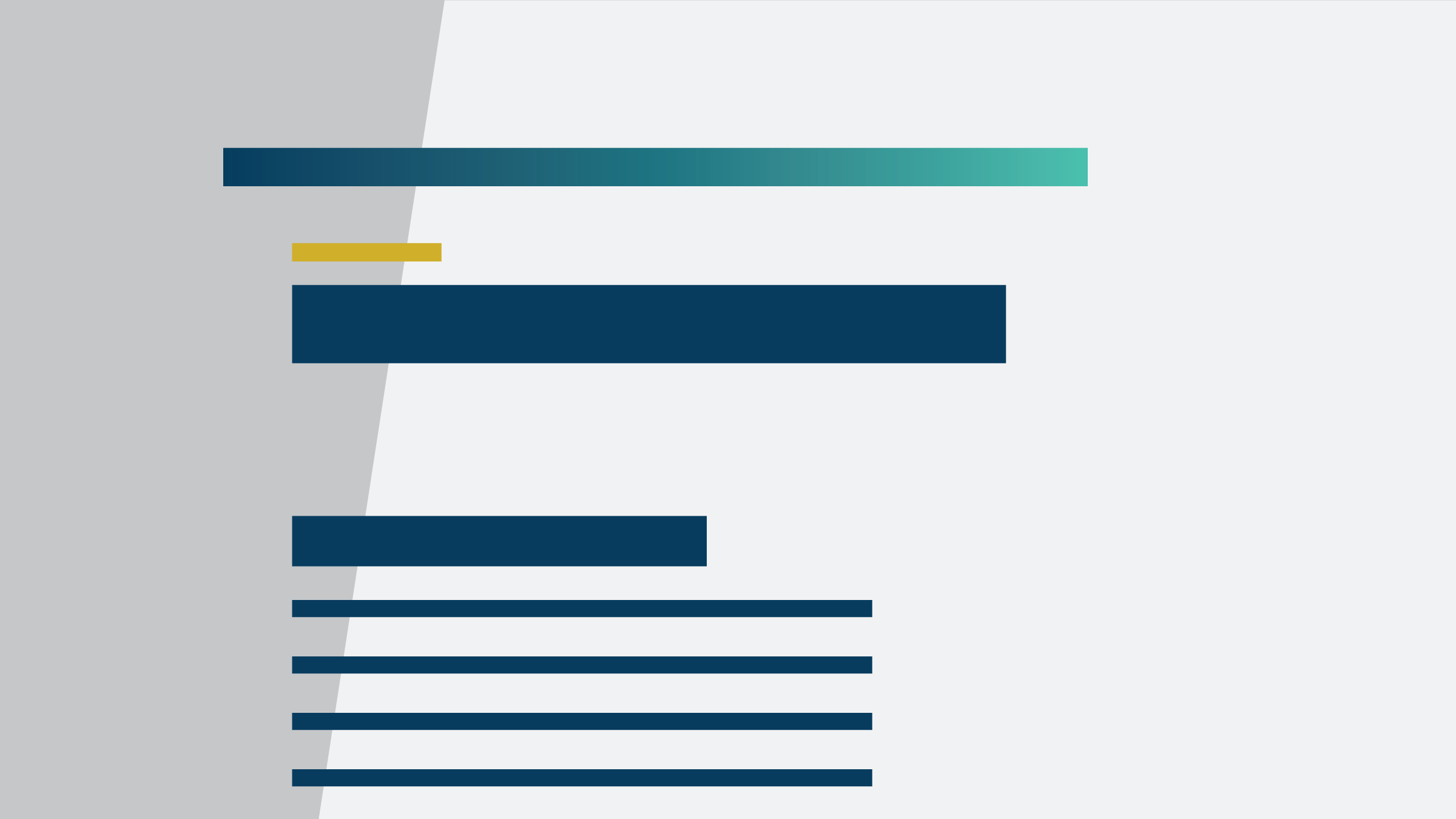Abstract
Common statistical measures of bond risk premia are volatile and countercyclical. This paper uses survey data on interest rate forecasts to construct subjective bond risk premia. Subjective premia are less volatile and not very cyclical; instead they are high, only around the early 1980s. The reason for the discrepancy is that survey forecasts of interest rates are made as if both the level and the slope of the yield curve are more persistent than under common statistical models. The paper then proposes a consumption based asset pricing model with learning to explain jointly the difference between survey and statistical forecasts, and the evolution of subjective premia. Adaptive learning gives rise to inertia in forecasts, as well as changes in conditional volatility that help understand both features. This paper is an extension of Monika Piazzesi's and Martin Schneider's work while they were in the Research Department of the Federal Reserve Bank of Minneapolis.





